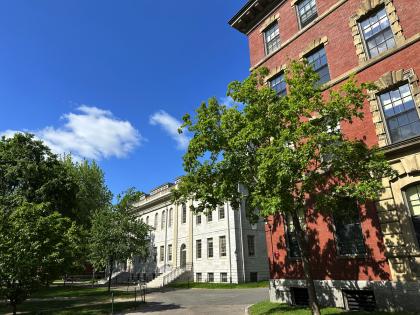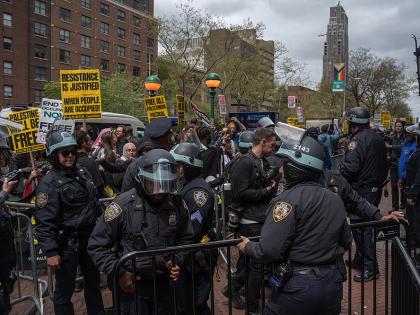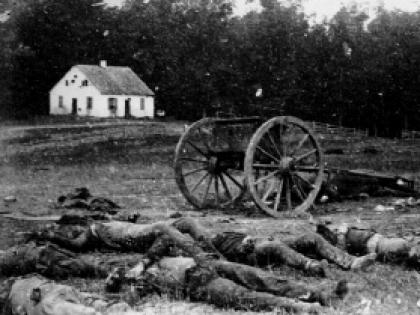The author of the memoir Gentleman Rebel had much in common with Henry Adams. Like Adams, H. Stuart Hughes came from a distinguished family: his grandfather, Charles Evans Hughes, had been the Republican candidate for president in 1916 and later chief justice of the Supreme Court. Like Adams, he had an opportunity to see policymaking from the inside (during World War II) and came away from the experience disillusioned by the incapacity of intelligence to influence events. He and Adams both reacted against the smug satisfaction of an America awash in postwar prosperity and materialism. And both had unhappy experiences at Harvard, which led them to voluntarily give up professorships there.
|
As autobiographers, however, Hughes and Adams could hardly have been more different. The Education of Henry Adams, written in the third person, concealed its author's personality and private life behind the camouflage of its elegant prose; most notoriously, it omits any reference to its author's marriage and the deep depression that gripped him when his wife committed suicide. Hughes, on the other hand, embraced the new ethic of autobiographical openness that marked the late twentieth century. In doing so, he was being true to his work as a scholar: his study of early-twentieth-century European thought, Consciousness and Society, had rated Freud as the greatest thinker of his age. Hughes's very candid autobiography reflects his conviction that Freud was correct in seeing childhood experiences and sexuality as central to the formation of our innermost selves.
Hughes's three periods at Harvard as a graduate student in the late 1930s, as a junior faculty member from 1947 to 1952, and as a senior professor from 1957 through 1973 were not happy ones. Graduate school confronted him with "the quota of dreary labor the historical profession entailed." He returned to Harvard after the war largely because he realized that his left-wing views "exuded the distasteful aroma of 'class treason'" and made it doubtful that he would have much of a government career. Rather than support him against accusations of softness on communism, however, he felt that Harvard "fired" him in 1952. He found a "cozy nook" at Stanford, "a place where appreciation and emotional support flowed in from all sides." Nevertheless, when Harvard invited him back in 1957, he could not resist the chance for "rehabilitation...I had weathered the ideological storm; I had 'arrived' in life."
|
Hughes "joined the ranks of Harvard's stars, struggling, not always with success, to refrain from behaving like a prima donna." Unfortunately, according to his memoir, his return to Cambridge coincided with years of personal turmoil: "A success I may have become, but at what a price!" Gentleman Rebel recounts the collapse of his first marriage and the way in which his 1962 Senate campaign against Ted Kennedy estranged him from most faculty colleagues. Personal happiness eventually came with remarriage, but the growing radicalism of the late 1960s marginalized him in new ways: "People of my persuasion were finding themselves outflanked on both right and left." His final break with Harvard came when his colleagues refused to consider his second wife for tenure there. "What was the point, I wondered, of enjoying so much prestige at Harvard when I was powerless in the case I cared about most?" Hughes wrote. When the University of California's La Jolla campus offered both Hugheses faculty appointments, they left Cambridge. Some reviewers found Gentleman Rebel uncomfortably personal, but other readers have appreciated its frankness, rare in academic memoirs, and the lesson that worldly honors, even endowed chairs at Harvard, do not necessarily bring happiness.








